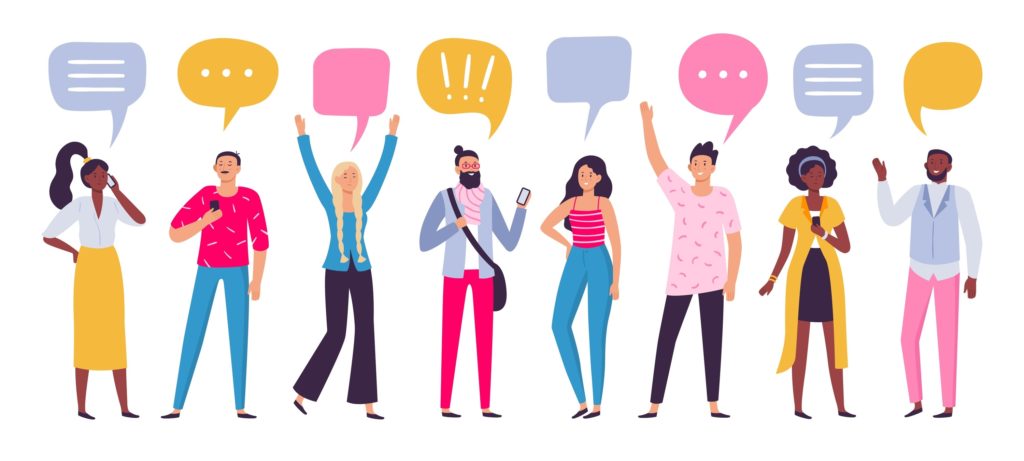Breaking down the barriers to democratic participation with political literacy

Unless people can make decisions to influence how their country’s political system looks, it’s not a democracy.
And unless those decisions are informed, it’s not a healthy democracy.
In the United Kingdom, there are myriad ways we can get involved in the democratic system and have a say in the decisions that impact our community, our ward, our constituency, our city or our country. But without an element of political literacy in the nation’s education, we can’t expect people to fully take advantage of their rights, to critically think and engage with their media and democracy and the political issues they truly care about.
Registering to vote is perhaps the simplest way to participate in our democracy. Yet in London, nearly 1 in 3 under-25s have yet to visit https://www.gov.uk/register-to-vote and get on the electoral roll. But how can we blame them, when many schools don’t teach them that they can in fact register from the age of 16?
Under-registration is a glaring barrier to democratic participation: without registering to vote, you can’t vote, sit on juries, or become an MP (if you are so inclined). But it’s not the only challenge we need to overcome…
Not knowing how to get involved
Prioritising political literacy would mean young people knowing about their democratic rights, making it possible for them to take civic engagement into their own hands and participate in our democracy as they see fit. Initiatives like London Voter Registration Week, the current London-wide campaign by the GLA and Shout Out UK, are a fantastic start, educating those who are least likely to have their voices represented in local and national democracy!
Thinking politics is ‘not for them’
The GLA’s 2019 Survey of Londoners revealed the groups least likely to be registered – it includes Black, Asian and minority ethnic Londoners, young people under 25 and private renters. Integrating political literacy into young people’s education, by informing them about their rights and how to use them, could remedy this issue – especially for students who don’t have the resources to research politics for themselves or the role models to inspire them.
Finding politics boring, confusing, or elitist
It’s rare to find a young person glued to BBC Parliament or scouring Hansard for tweaks to upcoming bills. But even if we’re not all politics junkies, our lives are all profoundly affected by politics, often in ways we don’t notice. Young people often engage in politics through social media, sharing articles about social issues that matter to them – but trust in politics is low and many feel un-represented or under-represented! That’s why the GLA and Shout Out UK made London Voter Registration Week’s campaign as colourful, inclusive and representative as possible, using infographics that addressed some of the biggest barriers Londoners told us about, and translating assets into the most spoken community languages in London to help empower British, Commonwealth and EU Londoners to have their voices heard.
Making political education available to people no matter where they grow up or what kind of school they attend would level the playing field, giving everyone the foundations to engage with their democracy. The more widespread political education and democratic participation initiatives are, the healthier and more representative our democracy can become.
You can make a difference by registering to vote and supporting London Voter Registration Week. Remember, London won’t be the same without your voice – #NoVoteNoVoice!
